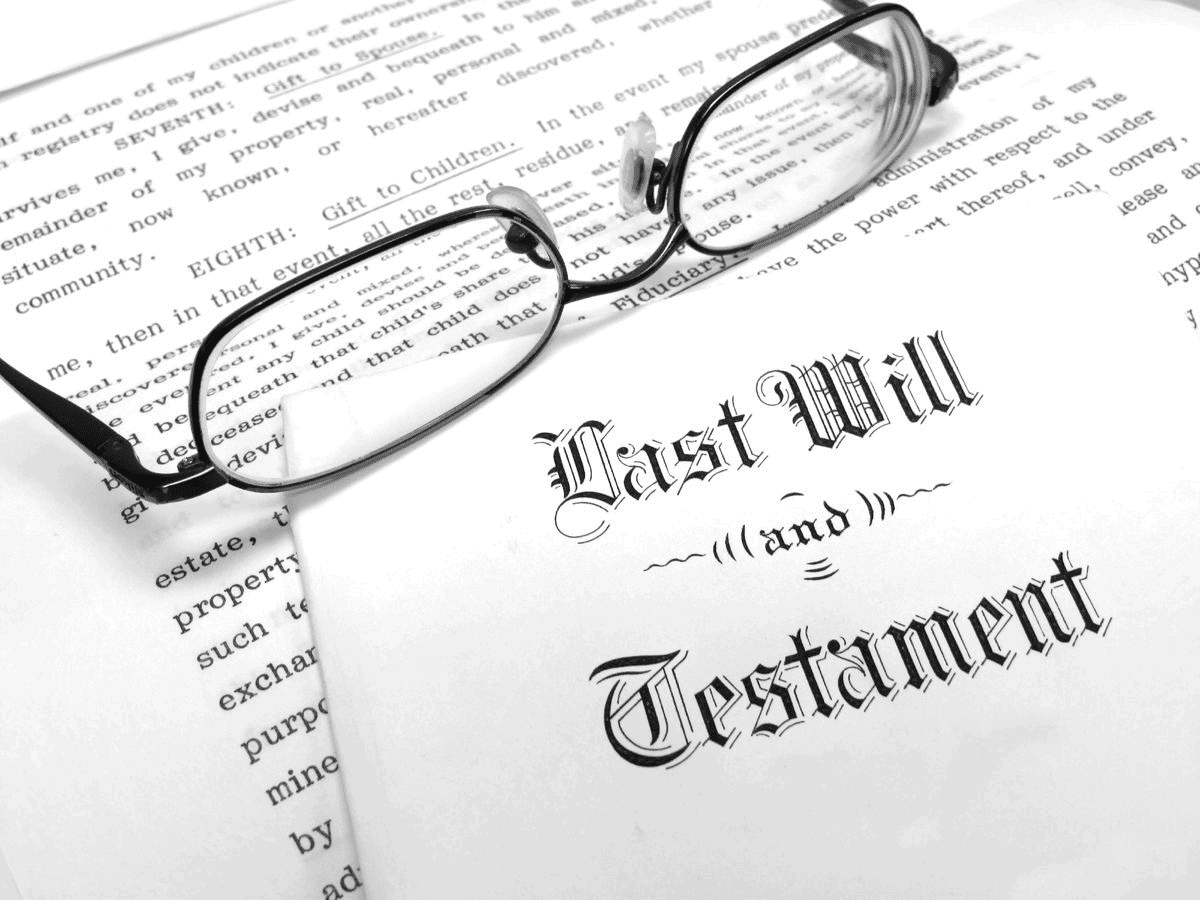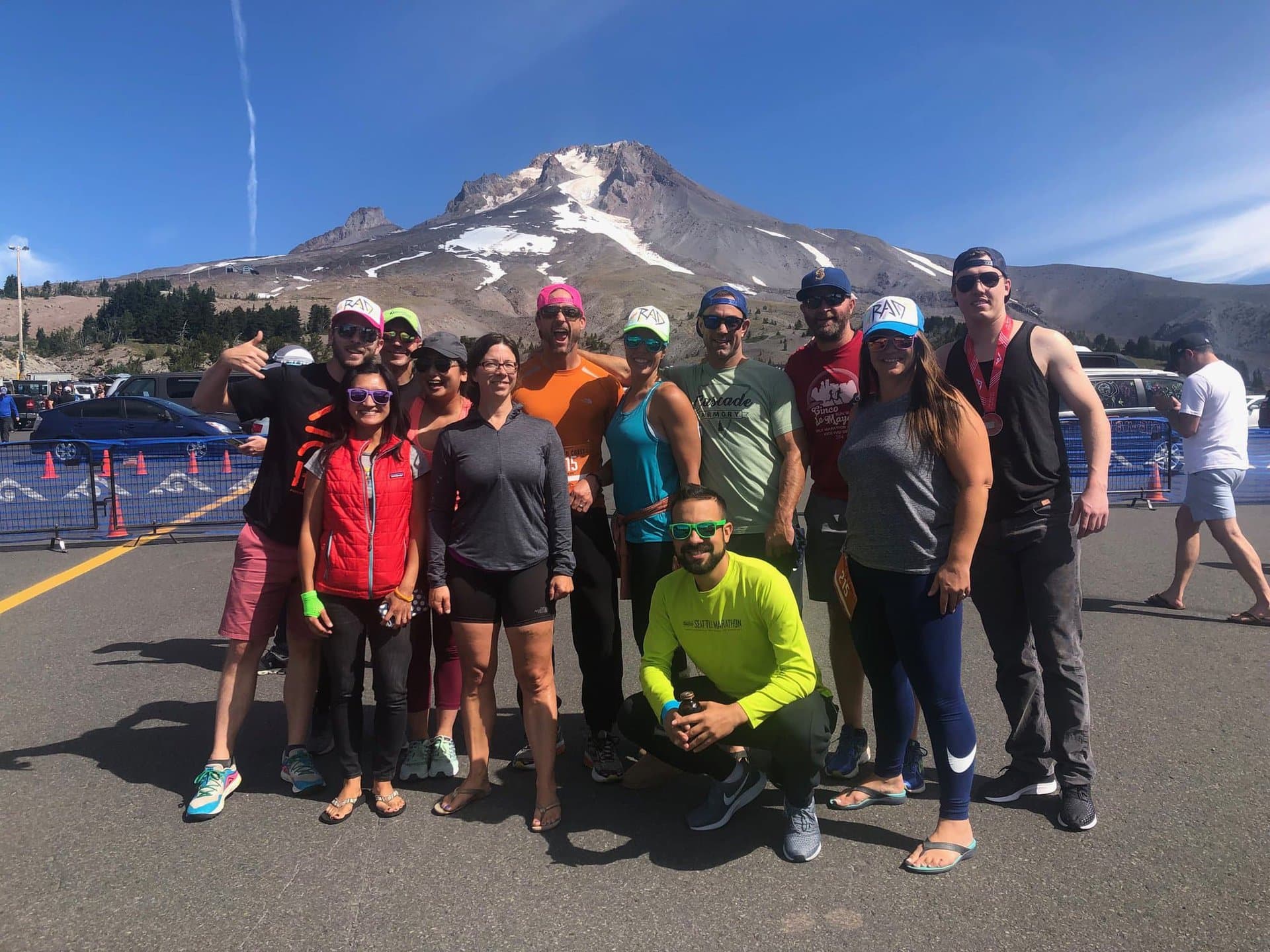Estate planning is never easy. It can be difficult to plan for your own passing, for your spouse's passing, for your loved ones' passing--especially considering the numerous state and federal probate laws that you must contend with. Estate planning in Indian Country can be even trickier, as this brings into the mix a whole third host of rules: tribal probate laws.
As always, being prepared makes an enormous difference. Below are 4 common estate planning challenges in Indian Country.
1. Conventional Estate Planning Rules Don’t Always Apply in Indian Country
In conventional estate planning you can choose to leave any of your property to anyone. This is done through the use of a Will or a Trust. Whether they are family members, a neighbor, a best friend, or a charity, conventional estate planning allows individuals to distribute their assets however they like.
Unlike estate planning outside of Indian Country, the type of assets you hold determine who you can inherit. Under the American Indian Probate Reform Act (AIPRA), effective on trust assets and Individual Indian Money (IIM) accounts after June 20, 2006, a person drafting a Will can only leave their trust assets in trust to specific categories of people. This includes Indian Persons as defined by AIPRA, Eligible Heirs defined as your children, grandchildren, great-grandchildren, siblings, half-siblings by blood, and your parents, the Tribe with jurisdiction, or other co-owners. Importantly, you can leave your trust assets in trust to your lineal descendants (children, grandchildren, and great-grandchildren) without them meeting any other criteria provided under AIPRA.
2. Without a Will the Default Rules Decide for You
A will is perhaps the most important piece of estate planning. In non-Indian Country, not having a will means your assets will be distributed according to state law. Often this will match your intended beneficiaries under a conventional Will. In Indian Country, however, the default distribution can be very different and can result in unexpected outcomes.
The default rules under AIPRA are based on the amount of your undivided interest in trust assets. For undivided interests greater than 5%, multiple family members may receive your trust asset in increasingly smaller shares depending on the degree of kinship and the number of Eligible Heirs as defined by AIPRA. This can result in your trust assets passing to unintended beneficiaries such as distant family members, the tribe, or other joint-owners of the trust asset. With a Will, you can designate who takes your larger undivided interest at your passing and avoid further fractional ownership or your assets passing to unintended beneficiaries.
3. The Single Heir Rule Controls for Smaller Undivided Interests
AIPRA's single heir rule is a fundamental difference between conventional and Indian Country-specific estate planning. Under the single heir rule, your oldest child will inherit all of your trust assets at your death, if your undivided interest is less than 5%. If you do not have any living children, it will pass to your oldest grandchild, and then to your oldest great-grandchild if you do not have any living grandchildren. The single heir may renounce their interest in favor of another individual eligible heir, a single co-owner, or the tribe with jurisdiction over the allotment. In addition, the tribe or other co-owners may have the option to purchase the land without the consent of your heir during the probate process. You can avoid the single heir rule and its impact using a Will that controls how your assets are distributed.
4. Your Spouse May Receive Life Estate Under Certain Conditions
In Indian Country, if your legal spouse resides on allotment land, they may be entitled to a life estate at the time of your passing before passing to your descendants or to your beneficiaries designated under your Will. This means that regardless of the size of your undivided interest, your spouse will be entitled to remain on the allotment land and may receive the proceeds from your IIM account until they die. At your spouse’s passing, AIPRA will determine how your land is passed down to your family, any co-owners, or to the tribe with jurisdiction.
Thankfully, most of these challenges can be avoided by thoughtfully structuring your estate planning to account for Indian Country’s unique estate planning and probate rules. We offer services to help people navigate these challenges and also understand the opportunities to provide for their loved ones at their death.





